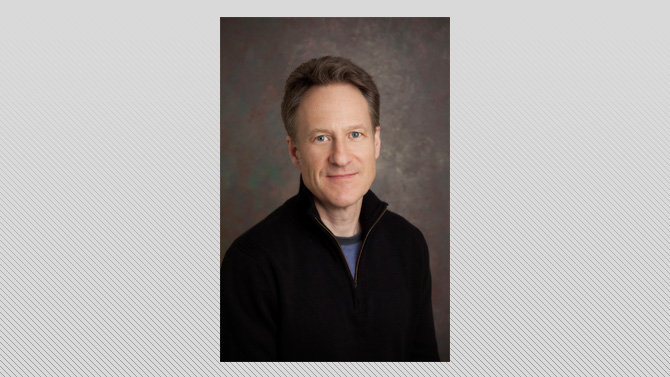


NSF Career Award
May 15, 2017
Research by UD’s Hohensee leads to new avenues in mathematics education
Backward transfer is a concept generally associated with second language acquisition. It refers to the process of new language learning interfering with (or enhancing) production and comprehension of the previously acquired language.
But backward transfer also has been found to occur when students are learning mathematics.
Research proves that learning about new mathematics concepts may influence students’ established ways of reasoning about concepts they have previously encountered.
Charles Hohensee, associate professor in the University of Delaware School of Education, will receive a $750,000 National Science Foundation (NSF) Faculty Early Career Development Program award for his project on backward transfer.
Hohensee is investigating how unproductive influences of backward transfer can be minimized and effectiveness of mathematics instruction be increased.
“Backward transfer in mathematics education has not been studied systematically,” said Hohensee. “My project will examine influences from new learning transferring over to the previously learned concepts in real classrooms and research design settings.”
The project is titled “Investigating Changes in students’ Prior Mathematical Reasoning: An Exploration of Backward Transfer Effects in School Algebra.”
“This project may lead to new avenues for instructional improvement that could have far-reaching implications for mathematics teaching practices and curriculum design,” said Hohensee.
Research overview
The five-year project will be organized into three phases. The first will observe new learning on quadratic functions in four Algebra I classrooms. Before and after the lesson, the students’ way of reasoning about linear equations — which the students would have already learned — will be assessed. Their responses to test items and during an interview will reveal changes in their way of reasoning.
In the second phase, four cycles of design research will explore ways to productively influence students’ previously-established linear function reasoning with quadratic functions instructional activities.
Participants for phase two will be recruited from disadvantaged schools in Wilmington, Delaware. For two weeks, underrepresented students will be bused to UD, where they will be provided breakfast and lunch, creating an ideal educational environment, free from distractions. As a side benefit, exposure to a higher education setting may encourage students to consider advancing their academic career.
In the third phase, the hypotheses and instructional products developed during the first two phases will be tested in real classrooms using treatment and control groups.
Insights from this work will generate important new recommendations for enhancing mathematics instructional practices and curriculum design. Hohensee plans to disseminate findings from this research at national conferences and in mathematics education journals. Locally, he will share findings during a summer course for UD pre-service teachers and at a video club for Delaware mathematics teachers.
Recognition
Hohensee received an Early Career Publication Award in 2015 from the American Educational Research Association’s Special Interest Group for Research in Mathematics Education [SIG-RME]. The SIG/RME Early Career Publication Award recognizes outstanding mathematics education research published by individuals within five years of receiving their doctoral degrees.
Besides contributing articles to various research journals and presentations, Hohensee serves as an associate editor for the Journal for Research in Mathematics Education, recognized as the top journal in the field of mathematics education.
Contact Us
Have a UDaily story idea?
Contact us at ocm@udel.edu
Members of the press
Contact us at 302-831-NEWS or visit the Media Relations website

